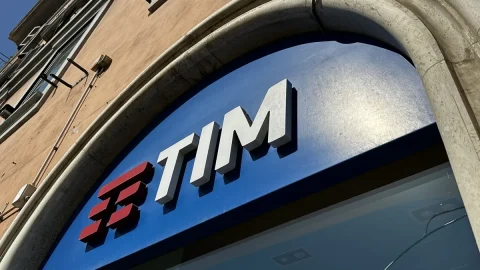France for now better than Italy. This is the case for plastic packaging for fruit and vegetables. With the new year, containers have gone out of law in a spirit of growing circular economy. In fact, while in Italy the directive SUP (Single Use Plastics) will enter into force on January 14th, Paris has shortened the times to have a more controlled system. The decision, virtuous and green, in a certain sense coincides with the start of the French rotating presidency of the EU. It is a strong ecological signal, although in some French territories and in districts of the capital the circular economy is struggling to emerge. In Italy the invoice sector 40 billion euros per yearbut everything is now ready. The European provision of June 2019 is contained in Legislative Decree 196 of 8 November 2021 which will be operational in less than a week.
For the French government, the new provisions are therestart of a step-by-step journey. From 1 January, the rule only applies to fresh, unprocessed products weighing less than 1,5 kg. An exemption has been made for fruits and vegetables with a greater risk of deterioration. To get an idea of what will happen in Italy too, the ban concerns containers that contain oranges, apples, pineapples, carrots, potatoes and pumpkins and the like. In June 2023 there will be other products off limits and then still others until the full implementation of the rules in 2026. For Spain, the fight against 2 million tons of plastic waste starts from next year. In any case, it is also good to know that are not considered plastic products i coatings weighing less than 10% of the total weight of the product you buy.
Attention, companies and consumer associations point out: disposable plastic products are not considered "containers for dry foods, or for foods sold cold that require further preparation, containers containing food in quantities greater than a single portion or containers for single-portion foods sold in more than one unit”. Important details for orienting yourself in purchases that in one way or another must support the circularity of goods.
Even industrial processes pay their debt to the environment. They can no longer be marketed plates, containers for food, drinks, cups and glasses in expanded polystyrene. Companies are adapting even though they are beneficiaries of the time it takes to dispose of inventories. They can still be sold ibiodegradable and compostable plastic packaginge, which have a percentage of renewable raw material equal to or greater than 40% and subsequently 60%. In 2020 the Court of Auditors had blamed European countries on plastic recycling. But as with France from the beginning of 2022, everyone's attention on packaging is focused on fines that can reach up to 10 euros. A setback to avoid starting from the shopping cart.





